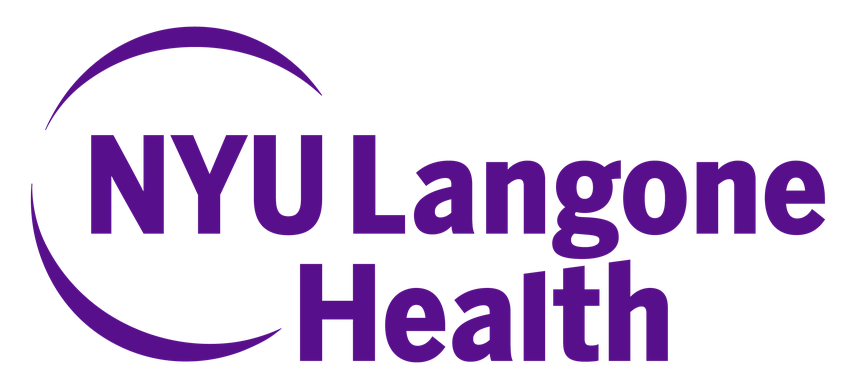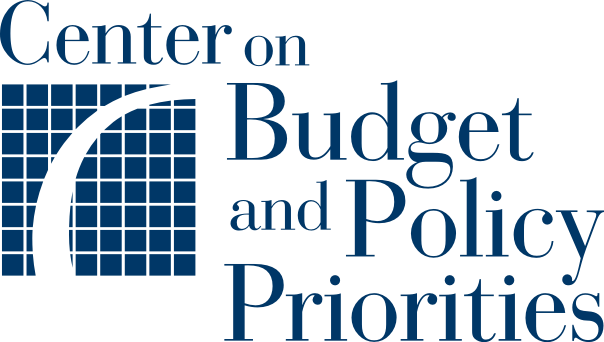About the Congressional District Health Dashboard
Where we live shouldn’t determine how long or how well we live. Everyone should have the same opportunity to live the healthiest life possible but, in many areas across the country, persistent and systemic barriers to health and opportunity exist.
Most data on health, the drivers of health, and health equity are organized at the county, state, or, more recently, city level. In contrast, data about the health of people living in congressional districts is difficult to find. That’s where the Congressional District Health Dashboard (the Dashboard) comes in. The Dashboard provides actionable measures of health and its drivers calculated at the congressional district level, showing users how their district is doing on health outcomes, social and economic factors, and more.
The Dashboard was created by our team in the Department of Population Health at NYU Grossman School of Medicine, in partnership with and support from the Robert Wood Johnson Foundation, and builds on our experience creating and managing the City Health Dashboard since 2018. The Congressional District Health Dashboard (CDHD) launched in January 2023 as a first-of-its-kind resource, offering trusted data on health and its drivers for all 435 (and Washington DC) U.S. congressional districts.
Our goal with the CDHD is to provide policymakers, advocates, and community members with an array of actionable and nonpartisan data at the congressional district level– such as life expectancy, diabetes rates, uninsurance, and children in poverty – to demonstrate strengths and challenges in their regions and drive positive change at the district, state and national level.
The Dashboard incorporates the 2022 re-drawn district boundaries based on the 2020 census, corresponding to the 118th Congressional session that started in January 2023. Data and site features will be updated regularly. To learn more about the site and its data, please check out our one-pager, FAQ and technical documentation.
Please see our In The Media page for recent publications!
We welcome feedback, questions, and examples of how you’re using the data (just email us - [email protected]). And be sure to subscribe for updates – we plan to add some great data and features!
Meet the Team
Leadership
Dashboard Team
Jacqueline Betro, MPA, Research Project Manager
Samantha Breslin, MPA, Program Supervisor
Dana Duong, MPH, Research Analyst
Yoomin Hwang, Project Coordinator
Taylor Lampe, MPH, Senior Data Analyst
Yuruo Li, PhD, Senior Data Analyst
Shirley Liang, PharmD, MSPH, Data Analyst
Isabel Nelson, MPH, Senior Data Analyst
Eileen Shea, MPH, Data Analyst
Ben Spoer, PhD, Program Director
Jay Stadelman, MPH, Data Analyst
Anne Vierse, MS, Data Analyst
Hannah Wade, MPH, Senior Population Health Policy Analyst
Scientific Collaborators
S.V. Subramanian, Harvard Center for Population and Development Studies; Faculty Chair, Center for Geographic Analysis at Harvard





